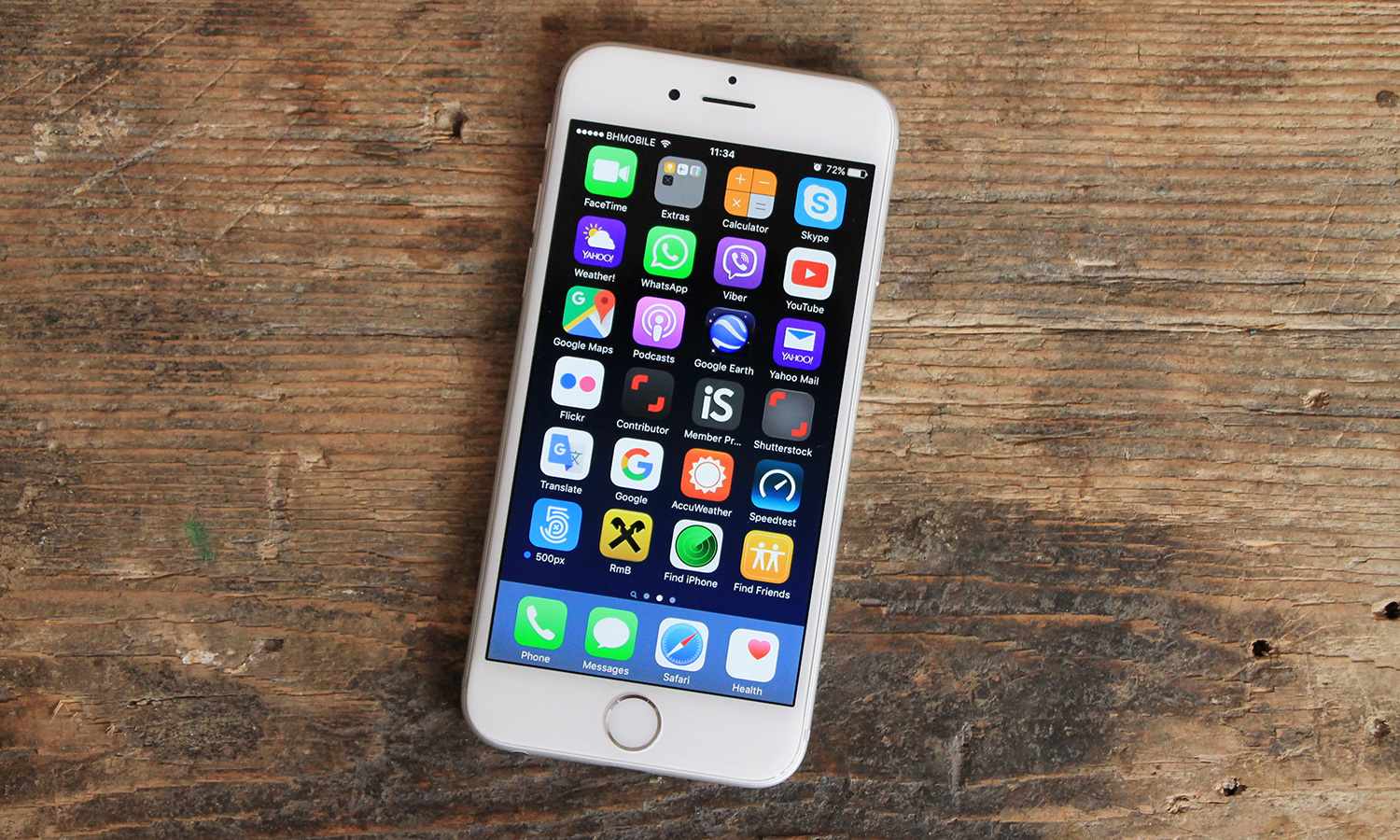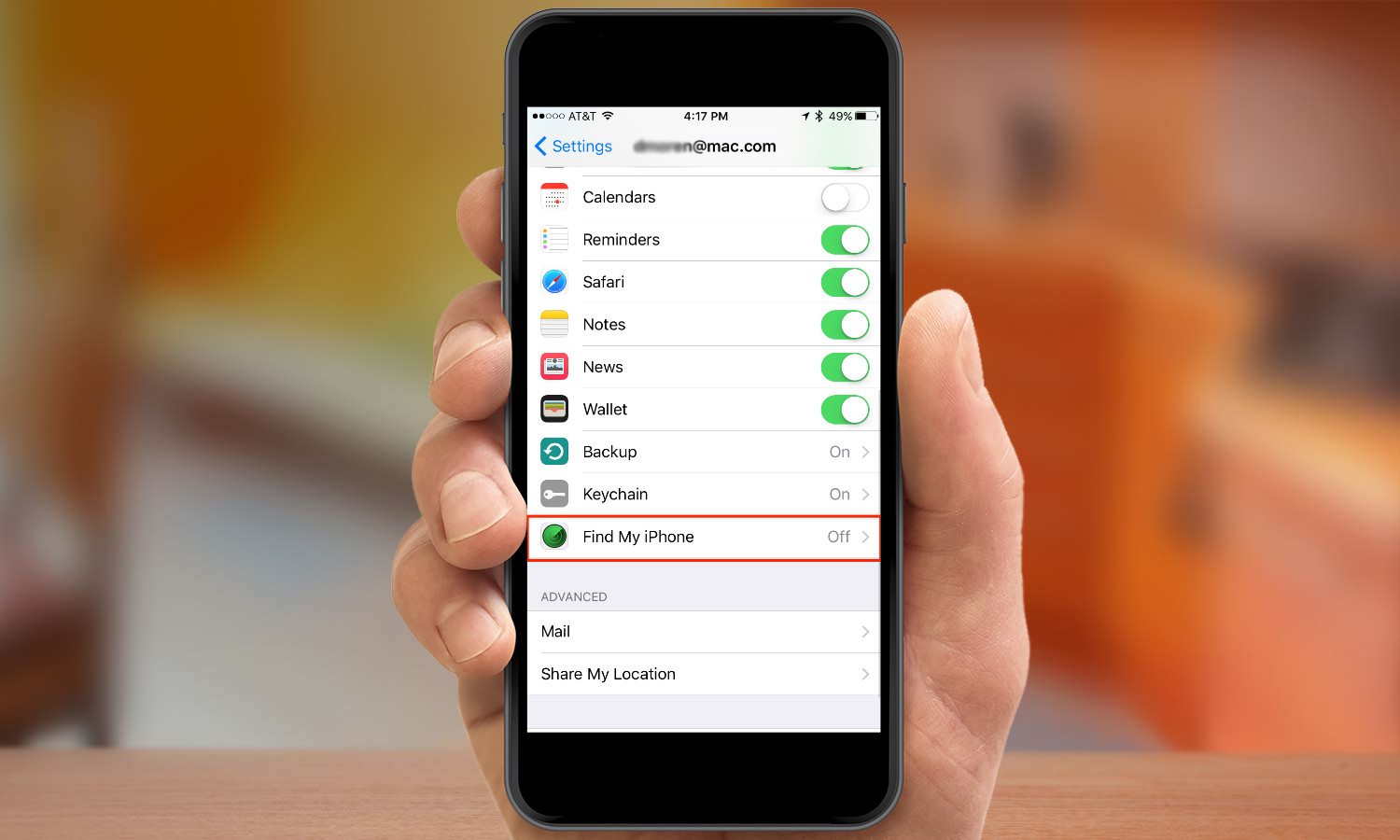What to Do If Your Phone Is Stolen
With some quick, decisive and intelligent action, you may be able to recover your stolen smartphone, or help the police find it.
You're out at a bar with your friends. Everyone's having a good time. You get a text, and check to see if it's anything important. It's not. You put your phone back down, and think nothing of it until 5 minutes later when you reach for it — and the phone is gone.
With any luck, you just dropped the phone, or the bartender put it behind the bar for safekeeping. But the sad truth is that, although smartphone theft is not nearly as popular as it used to be, it's still quite common. Smartphones may seem quotidian by now, but they're actually sophisticated, pocket-size supercomputers, and lots of people are more than willing to pay a quick buck for a shiny handset without asking where it came from.

If your phone did indeed get stolen and was not simply lost, your chances of getting it back are, frankly, not very good. However, they're not negligible, either. With some quick, decisive and intelligent action, you may be able to recover your phone or help the police find it. You may not get your device back, but trying sure beats sitting back, doing nothing and breaking out another few hundred bucks from your wallet without a fight.
Track Your Phone
Before you panic over a stolen phone, the first thing you should do is check to see whether it has actually been stolen or is just missing. How many times have you looked everywhere for your mobile device, only to find it stuck under a couch cushion, in a different bag, or, for whatever reason, in the fridge? (Or in your hand. Seriously, check your hand; it may be there right now.)

The good news is that both iOS and Android devices have simple, comprehensive suites of tools to help people track down their phones: Find My iPhone and Android Device Manager, respectively. These simple programs let you access your phone's security options remotely. With the help of any computer, you can have your phone ring loudly, display a message, lock its screen with a new password or completely erase all data, if need be. They both require some initial setup, so obviously, it helps to prepare your phone before you've actually lost it.
If you're just looking up this information for the first time, it may be too late. But whether you get your phone back or have to buy a new one, this is probably the first thing you should do.
MORE: Learn how to track a missing iPhone or Android phone.
Sign up to get the BEST of Tom's Guide direct to your inbox.
Get instant access to breaking news, the hottest reviews, great deals and helpful tips.
Assuming you locate your phone remotely, but it's not in a familiar location, a few common sense rules still apply. First, call the phone to see if it's in the hands of a good Samaritan; if so, they'll pick up and return it. If no one responds, then lock it remotely, but perform a remote erase only if you're sure you can't get it back.
If you think the phone is in the possession of a thief, don't take the law into your own hands. You might end up getting booked for assault, and the worst-case scenario doesn't bear describing.
If your phone is in a public location, by all means go and check out the situation. But don't confront someone on a street corner, or throw a coffee shop into a panic, or break into someone's house. Getting a good look at the potential crook will be helpful, but putting him on alert may destroy any chance you have of recovering your gadget.
Notify your provider
If you followed our lost-phone guides, you've probably already contacted your wireless carrier. If not, though, the time to do so is now. Here are links for AT&T, Sprint, T-Mobile and Verizon’s support pages for lost or stolen phones.
Follow the instructions on the pages linked, which mostly involve trying to find the phone through the means described above, then suspending service. The websites also provide information on how to replace a phone if your original device is beyond recovery.
Call the police
I'm going to be 100 percent honest here: the chances of the police helping you recover your phone are not good. Most police stations won't even take an incident report unless you are certain beyond a shadow of a doubt that your phone was stolen, and not just dropped or misplaced.
Depending on your phone's insurance, you may need the police report in order to cash in on your policy.
Even if you do manage to file a report, what are you going to tell them? A completely unknown person took your phone in a highly trafficked public location? Especially if you live in a populous area, the police aren't going to do anything to help you get your phone back unless you can provide them with a lot of evidence to tell them where to start. (This is where tracking your phone, as described above, can come in handy.)
MORE: How to Buy the Right Smartphone for Your Needs
However, there are secondary benefits to filing a police report. Depending on your phone's insurance, you may need the police report in order to cash in on your policy. Furthermore, if a crook used financial information or shopping apps on your phone to rack up fraudulent purchases, having a police report handy will be a real feather in your cap when dealing with captious credit-card companies.
Cautious optimism
The truth of the matter is that recovering a stolen phone takes ... well, not exactly a miracle, but if you manage to do it, let's just say you’ve probably used up your allocation of good luck for the year.
This article may help you track down a stolen phone, but it's really been written more to mitigate the damage done once the phone is gone. In fact, if you want to recover a stolen phone, most of your work has to be done before it disappears, just as you must lock a door before your house gets robbed, not afterward.
Make sure your phone has a PIN, password or pattern lock on the lock screen
Set up your phone location features, first and foremost. Make sure your phone has a PIN, password or pattern lock on the lock screen. Require passwords for app store purchases. If you have an Android phone, install an antivirus or security app that takes photos after repeated incorrect login attempts.
If your phone ends up being more trouble than it's worth, a thief may just drop it in a trash can somewhere – messy, perhaps, but recoverable. He or she may even give it back, probably with some lame excuse about mistaking it for his or her own.
The best way to keep your phone, though, is to treat it like your keys or your wallet. Keep it on your person, not in a bag. Check every so often to make sure it's there, especially in crowded areas. And, like keeping the cash in your wallet to a minimum, the less financial information you store on your phone, the less a thief will be able to access.
Marshall Honorof is a senior editor for Tom's Guide, overseeing the site's coverage of gaming hardware and software. He comes from a science writing background, having studied paleomammalogy, biological anthropology, and the history of science and technology. After hours, you can find him practicing taekwondo or doing deep dives on classic sci-fi.
-
code guy Call / text your number. You might be surprised. You can add you have already reported it to the police. Hopefully you have find my iphone enabled. Even if they wipe your phone, they cannot activate it without having your email and password YOU activated it with.Reply

